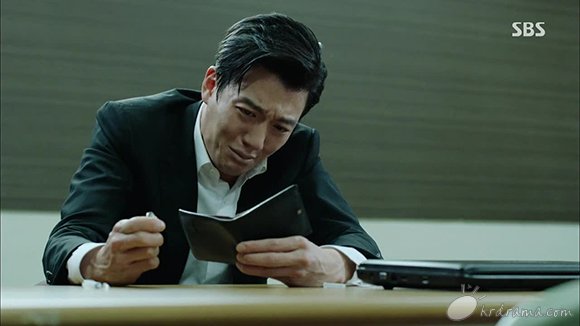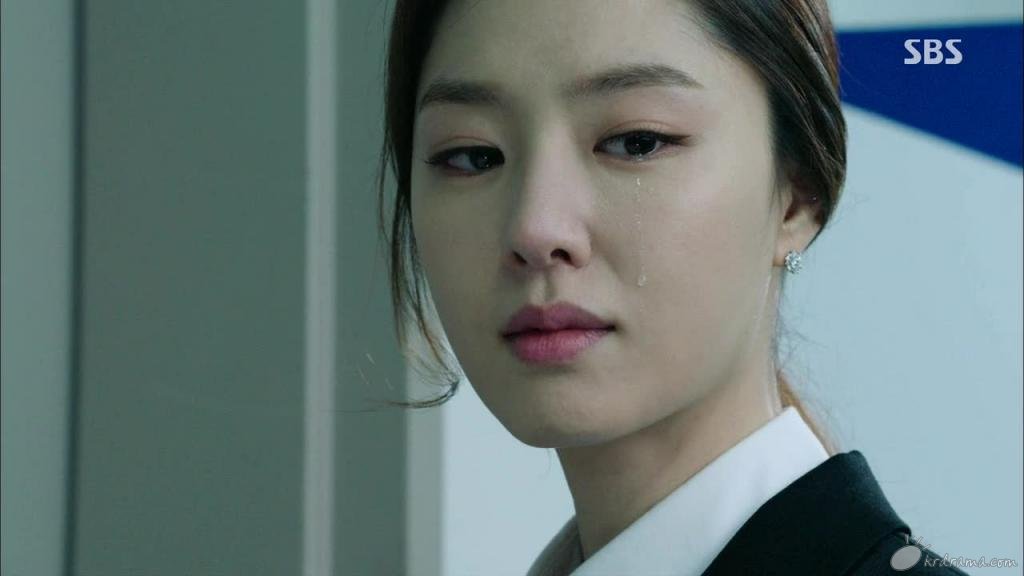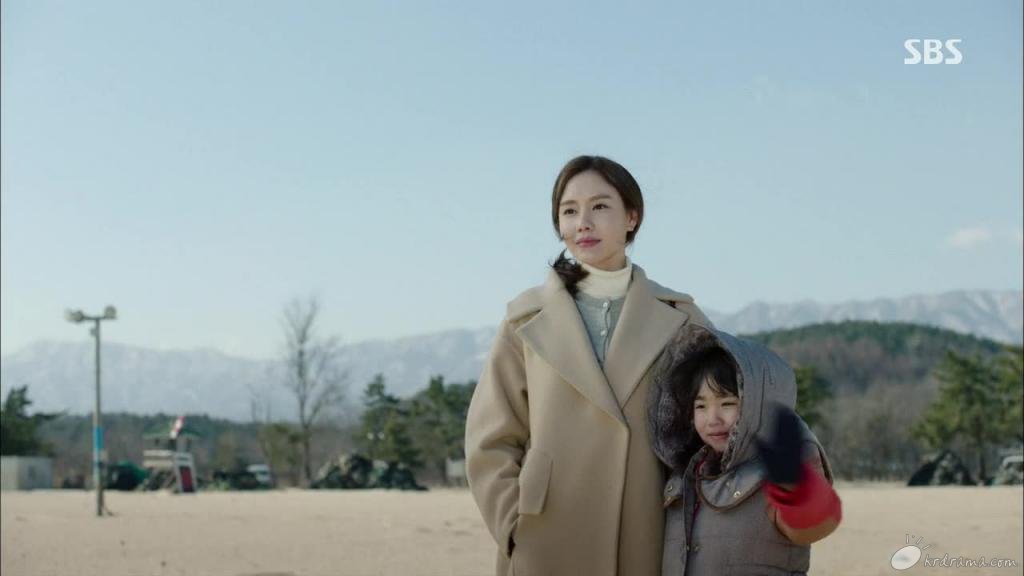|
|
Punch: Episode 19 (Final)
by HeadsNo2 | February 19, 2015 | 31 Comments

引言:
Writing an introduction has never felt more like crafting an obituary, because it means we’ve finally reached the end of the line for one of the best shows of the year, and one of the greatest character studies in drama history. Like our hero, we made this journey knowing with certainty that it would end, even though it still feels like there just Wasn’t Enough Time. And though this finale provides the perfect level of closure—something I don’t think I’ve ever been able to say—it doesn’t make the act of letting go any easier.
Note: There were some broadcast errors in the original airing of this finale, so for the sake of the hard work put in by this production, this recap follows the chronological order of the revised rerun broadcast except when noted otherwise. In keeping with the show’s message, it’s not so much about the mistakes you make as much as how you fix them.
And besides, Punch went out with a series high of 14.8%, the highest of all its weeknight drama competitors. Couldn’t be more well-deserved.


COMMENTS
First things first: Bravo! Bravo! Bravo!
Even with the seemingly endless heaps of respect I already had for Punch coming into the finale, I have to give credit where credit is due—though it used traditionally heavy melodramatic tropes relating to death, dying, and sacrifice, it never allowed itself to get bogged down in being about death. Yes, dying shaped a significant portion of our hero’s character arc, but never once did the fact that he was dying truly define who he was, which I find admirable and just a little bit brilliant.
And the very significant choice the show made in having him slip away so quietly really cemented the idea it’s been pushing all along: It’s not only our actions that shape us, it’s how we react, and—if necessary, repent—that really matters. Jung-hwan’s journey wasn’t about his inexorable march toward that most final of curtain calls so much as it was about cause and consequence, taking responsibility, and the ways in which humans can justify all sorts of terrible things to themselves when they use ends-based thinking.
So in the end, despite meticulous personal preparation on Jung-hwan’s part and that of everyone around him, his death was really just a small blip on the radar. I don’t think I could’ve loved the hospital scene any more than I did, no matter how traumatized it’s going to leave me, if only because it fit so (shockingly) well with the overall message that we leave this world the way we came into it. Which is just another way of reinforcing the themes and ideas revolving around causality that this show so expertly explored through a cast of characters that won’t easily, if ever, be forgotten.
But enough about all that lofty idealism, because going into the philosophical ideas driving Punch would comprise an essay even I wouldn’t want to read. I shouldn’t have been surprised at the way the show even handled tropes like the Truck of Doom and Nothing Says I Love You Like An Organ Transplant with such tact and clarity of purpose, though I blame it on dramaland practically hardwiring us to associate those things with lazy, grab bag storytelling. But the lazy writer would’ve switched the focus to being all about that transplant, when in reality it was downplayed as much as a major surgical operation like that could be.
Again, it was less about the act itself and more about the impact, which is why the choice to not even have Ha-kyung be aware of it before the fact or to show her after finding out mattered more than seeing her in those moments would have. Jung-hwan’s final and most selfless sacrifice allowed her to live on and see through to the end what he couldn’t. It took blood, sweat, and tears to get everyone in front of a judge who deserved to be, and though it might have been overcooked and a little burnt, justice was eventually served. (Mmmm.)
Of course, any discussion about this show wouldn’t be complete without at least touching on the incredibly complex relationship Jung-hwan and Tae-joon shared, which had more than its fair share of ups and downs. I loved, loved, loved that poignant final sendoff Jung-hwan gave him, because it encapsulated everything that made them into the friends they were and the bitter rivals they became. Despite their differences, they never lost the mutual respect they had for each other as worthy adversaries, which effectively separated them and their wrongdoings from the likes of Minister Yoon and Ho-sung.
At least when Tae-joon lost, he did so gracefully, because he never once deluded himself into thinking he was doing the right thing. Like Jung-hwan, he avoided taking responsibility for his choices until he couldn’t anymore, and then stepped up to the plate because he knew exactly what he deserved. Even Ho-sung had a moment to accept the punishment coming to him, and though that doesn’t make him any less hateful, it did make Minister Yoon’s lack of recognition or remorse more stark by comparison. Or in other words, that witch got what she deserved.
But at the risk of writing a novel because I’m not ready to let go of a show that actually invited and withstood the most intense scrutiny I could give, all that’s left for me to say is: Here’s to you, Punch. You were one in a million.
http://www.dramabeans.com/2015/02/punch-episode-19-final/ |
|